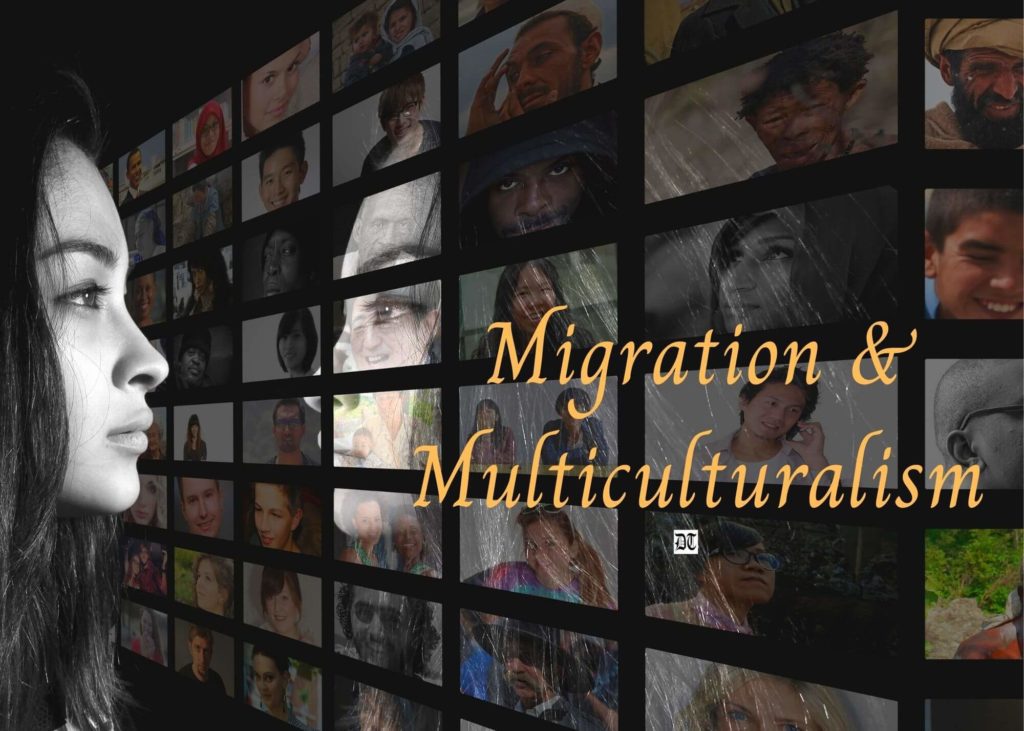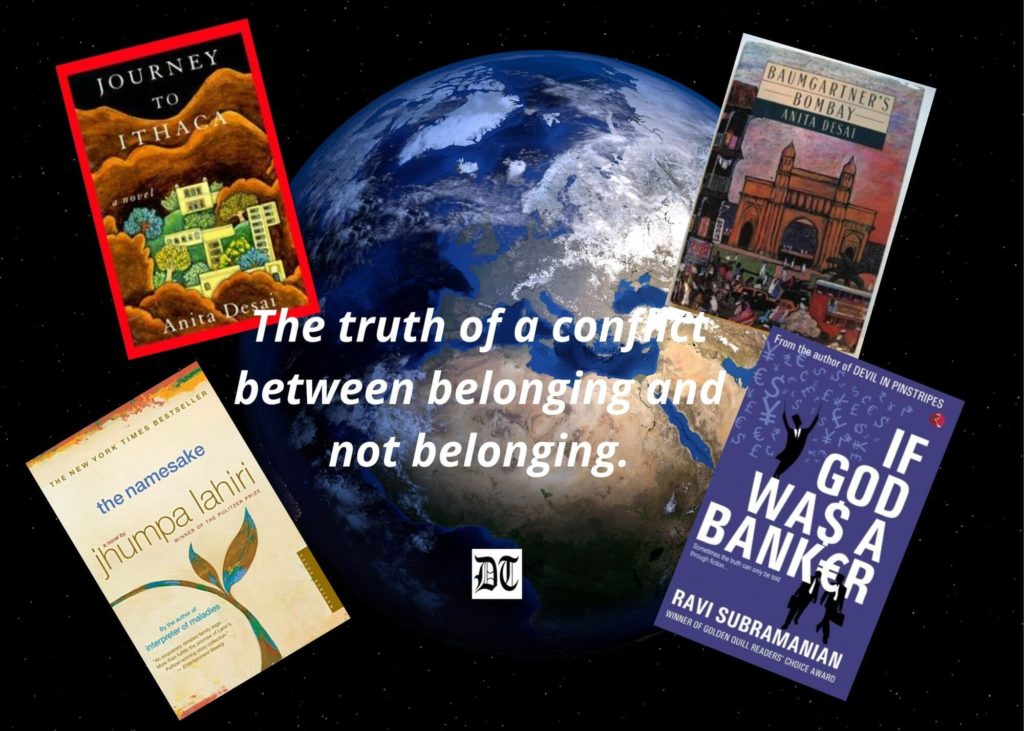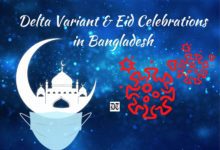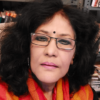Dr. Deepanita probes if there is an exploration of identity in migration literature. She deals with issues like fragmented identities, search for meaning, and balance, among other things. An exclusive for Different Truths.

Talking about migration and citing literary text are probably two sides of the same coin. It is through the world of literature that we explore the vivid fundamental experiences of migration. And its effects. Many writers have pondered upon this subject to bring into the forefront the conditions of human survival and struggle.
It is the deep involvement of migrant experiences that offered us a wide range of theories on immigrants, expatriates, and diaspora. The concern is always about the other side of the perspectives that emerge when relocation takes place. Where a person is migrating? What are the reasons for migration? How migration affected their lives? These are some questions that give rise to thought provoking habits, customs and prejudices discussed in literary text.
It is the deep involvement of migrant experiences that offered us a wide range of theories on immigrants, expatriates, and diaspora.
Complexities of Migrants
Many writers like Amitava Ghosh, Anita Desai to Jhumpa Lahiri and Arvind Adiga unearthed the different complexities of the migrant life. A poor villager migrating to a cosmopolitan city. An educated Indian in the hope of a better life migrating to a foreign land. Or a foreigner taking shelter in Indian soil to avoid war in his own country. These are some of the themes dealt by these writers. They have woven beautiful insights through the living conditions of their characters.
There’re many other writers who wrote about the resettling of lives around the world from many years.
There’re many other writers who wrote about the resettling of lives around the world from many years. The subject never went out of the literary scene. It has been expanded, experimented and explored giving more authenticity to the subjective experiences of the migrants. Through the issues of migration many social pressures, economic struggles and beliefs have also been focused.
Some memorable characters like Hugo Baumgartner from Anita Desai’s Baumgartner’s Bombay. Gogol Ganguli from Jhumpa Lahiri’s The Namesake. Balram Halwai from Arvind Adiga’s The White Tiger. And many more characters that remind us of the influence of migration in our lives.
For Peace and Spirituality
People took interest in migrating for spiritual reasons. India, a country of many religions, attracted people from the west. They came to search for contentment, peace and spirituality in Indian history and mythology.
Anita Desai’s Journey to Ithaca is one such novel that explores Indian faith through an Italian and German approach.
Anita Desai’s Journey to Ithaca is one such novel that explores Indian faith through an Italian and German approach. A couple with two different ideologies. And a third space i.e. India as a nation, plays the part of a facilitator. It brings balance and equilibrium in the migrated conditions of displaced people.
The abode of many Gods and Goddesses have created an aura around the whole idea for eastern philosophies and faiths. After all, besides searching for a better life, a migrant also decides to relocate and resettle to adopt a new faith for spiritual freedom and contentment. Hence, migration surprisingly does not end with just physical relocation in a different landscape, rather it embarks upon a journey towards self-exploration.

Acceptance of the Self
The literature, therefore, does not restrict itself by just showing a picture of struggle and maladjustments of people. It also drifts into the idea towards a journey to accept our own self in challenging situations.
Our writers, around the world, laid a great deal of contribution to give us the true picture of the displaced people. A significant transformation is hence seen in the portrayal of plots in the literary text.
The human conditions are invariably changing. And its reflection is seen in all kinds of literature.
The human conditions are invariably changing. And its reflection is seen in all kinds of literature. The cosmopolitan and new age fast life portrayal in Tuhin Sinha or Ravi Subhramaniam’s novels couldn’t ignore the circumstances of displacement. We cannot deny the fact that we are living a life where everything is expected to serve instantly.
Fragmented Identities
In this clash of achieving, pursuing, and dreaming for a perfect life, ordinary individuals are relocating and resettling. They paint a canvas of incomplete fragmented identities. ‘That thing called Love’ and ‘If God was a Banker’ experimented with everything; from freedom of choice to rejection of actual identities. And unstable-uncertain ground of beliefs.
The truth of a conflict between belonging and not belonging.
Everything concludes to one major truth. The truth of a conflict between belonging and not belonging. Literature has been a catalyst to show the dreams of two worlds. One which is left behind and the other that we choose to live with.
The migrant, therefore, is lost somewhere in a no man’s land. He is unable to forget the past and is maladjusted to accept the present.
Visuals by Different Truths






 By
By
 By
By
 By
By
 By
By